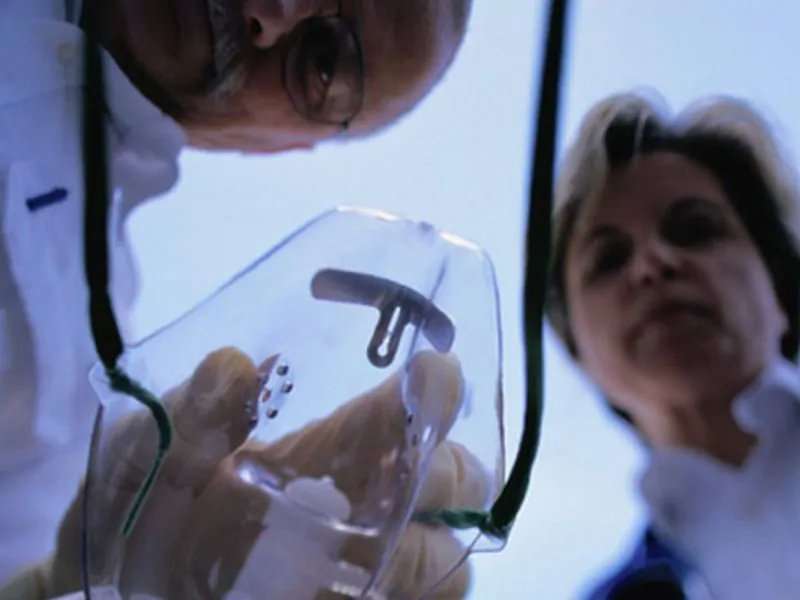Propofol may decrease delay in neurocognitive recovery

(HealthDay)—For older cancer patients undergoing major cancer surgery, propofol-based general anesthesia may reduce the incidence of delayed neurocognitive recovery versus sevoflurane-based general anesthesia, according to a study published in the September issue of the British Journal of Anesthesia.
Y. Zhang, from the Peking University First Hospital in China, and colleagues randomized 392 older adults who were scheduled to undergo major cancer surgery to receive propofol- or sevoflurane-based general anesthesia. Cognitive function was assessed with a battery of neuropsychological tests before and one week after surgery (379 patients completed one-week neuropsychological testing). A total of 59 age-and education-matched non-surgical controls were recruited and underwent cognitive function testing at comparable time intervals.
The researchers found that, compared with the sevoflurane group, the propofol group had significantly lower incidence of delayed neurocognitive recovery at one week (14.8 versus 23.2 percent; odds ratio, 0.577). The two groups did not differ in terms of safety outcomes.
"Compared with sevoflurane-based general anesthesia, propofol-based general anesthesia reduced the incidence of delayed neurocognitive recovery in elderly patients at one week after major cancer surgery," the authors write.
Several authors disclosed financial ties to the pharmaceutical industry.
More information: Abstract/Full Text
Copyright © 2018 HealthDay. All rights reserved.





















